Get the whole story before you rush to the drugstore
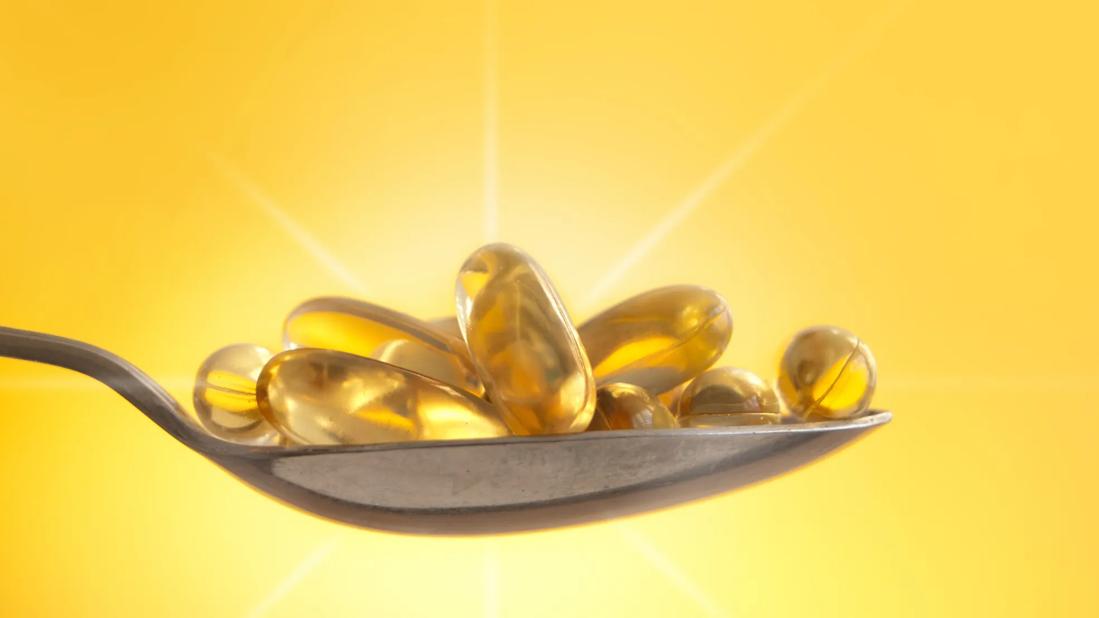
Vitamin D is a dynamo when it comes to health benefits. We need it for healthy bones of course, and it’s necessary for many of our body’s functions. But can it go toe-to-toe with the coronavirus (COVID-19)? The internet seems to think so. But before you start sunbathing and taking milk baths, learn why you should be careful when it comes to this latest development.
Advertisement
Cleveland Clinic is a non-profit academic medical center. Advertising on our site helps support our mission. We do not endorse non-Cleveland Clinic products or services. Policy
If you’ve been paying attention to the headlines lately, you’ve probably seen that vitamin D deficiency has been linked to COVID-19 infections and fatalities. New research has suggested that the rate of infection and deaths appeared to be much higher in areas where people had lower amounts of vitamin D in their systems. This finding was especially significant in Europe.
Researchers discovered that southern European countries like Italy and Spain had more COVID-19-related cases and deaths than northern European countries. How does vitamin D absorption factor in when it comes to these two regions?
People in northern Europe tend to consume more sources of vitamin D, like supplements and cod liver oil. In southern Europe, many people have darker complexions. When you have more melanin or pigmentation in your skin, it’s much harder for the body to convert sunshine into vitamin D. And as we know, sun exposure is one way that we can get it.
Some of the studies floating around right now are still being reviewed, so don’t buy all the vitamin D supplements you can find and please don’t start guzzling cod liver oil. Keep reading to find out why it’s important to weigh all of the evidence and talk to your doctor before doing anything.
Advertisement
While the latest findings might seem like an open-and-shut case, it’s not that simple according to family medicine doctor Donald Ford, MD.
“What these recent studies have shown was an association, and not necessarily any kind of causative link. What does that mean? It means these findings could be important or they could be something else entirely,” explains Ford.
While news outlets or people close to you might suggest that you increase your vitamin D intake to protect yourself from COVID-19, Dr. Ford recommends talking to your doctor before making the call since there are still many unknowns.
“Some of the articles out there have drawn the conclusion that it’s safe and effective to take vitamin D to prevent COVID-19. That’s an inappropriate conclusion at this time because all we can say is that in countries where people had lower levels of vitamin D, there were more cases of COVID-19. But this doesn’t take into account the million other factors that could be contributing to that. My caution as a physician is before anyone does anything, they should talk to their doctor. Now, there may be something that’s actually worth exploring with this research. But based on the knowledge that we have at this time, you can’t draw the conclusion that taking vitamin D is going to help prevent COVID-19.”
With all of the coronavirus’ mysteries and uncertainties, we’ve seen people cling to homemade concoctions, dangerous chemicals or anything that appears to offer a glimmer of hope. Dr. Ford believes it’s good to extend caution and not jump on things as soon as they hit our inboxes and newsfeeds. Why? Because the latest media sensation could cause more harm than good.
“With vitamin D, maybe there is some truth to it but we just don’t have enough information right now. Something similar happened recently with a medicine called hydroxychloroquine. An early study showed that there might be some benefits to using it to treat the coronavirus. But when more studies were done, we found out that this drug offered little benefits and could potentially harm people. This is why I always tell patients to not jump to conclusions and let the scientists figure these things out.”
Many people take vitamin D supplements and doctors may recommend them for certain medical conditions. So what’s the problem? Dr. Ford points out that the danger is in the suggestion that vitamin D can make people immune to COVID-19.
“The biggest harm that I see with something like this is that people will take vitamin D and then think they’re immune to COVID-19. With these studies, that wasn’t even close to being shown. To stay safe, people should still maintain all of the social distancing protocols — wearing masks, washing their hands and everything else that we’ve been doing since this all started.”
Advertisement
Advertisement
Learn more about our editorial process.
Advertisement
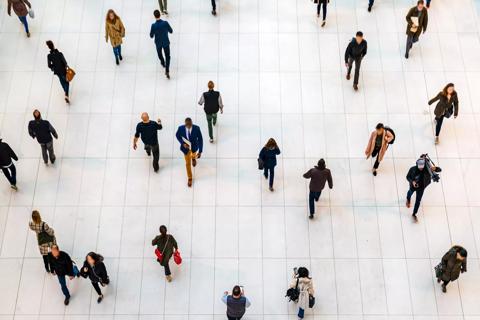
The short answer: It’s complicated, but the basic care precautions still prevail, like washing your hands and isolating if you’re sick
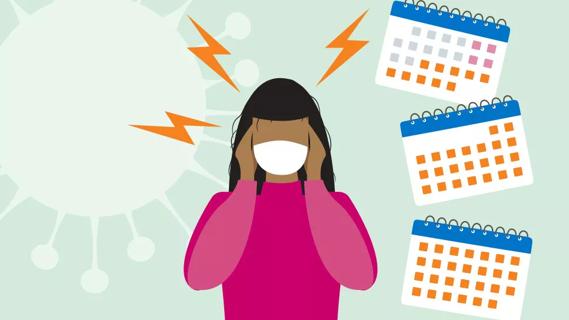
They can feel like a typical headache or a migraine headache, but the pain can last for weeks to months

Any large social gathering — from a family birthday party to an indoor music concert — has the potential to spread serious infection

It’s important to connect with a healthcare provider, get quality sleep and balance your activities with your energy levels
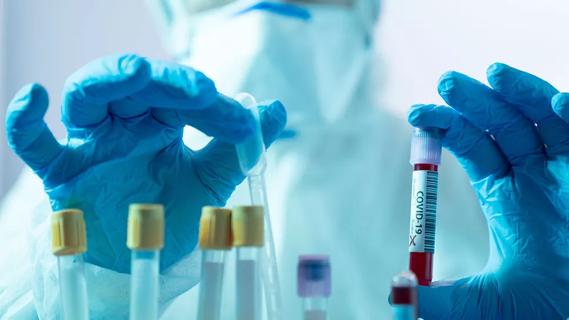
Just like the flu, COVID-19 will continue to evolve every year
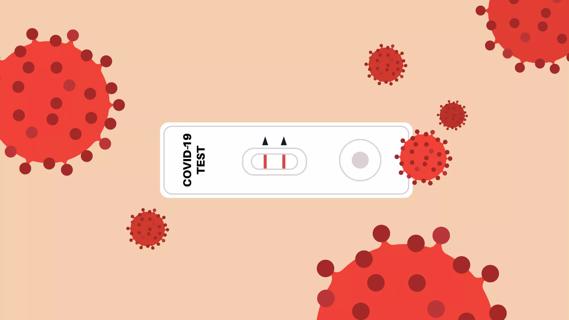
The duration varies, but symptoms can linger for a few days up to a couple weeks or more
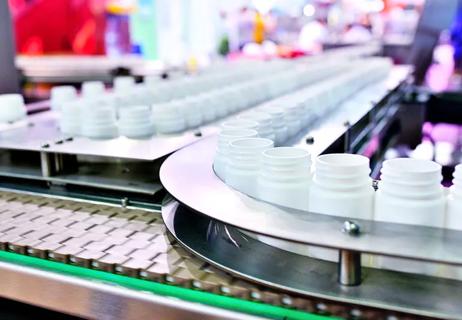
Vaccination is best for prevention, but if you get sick with COVID-19, treatments are available
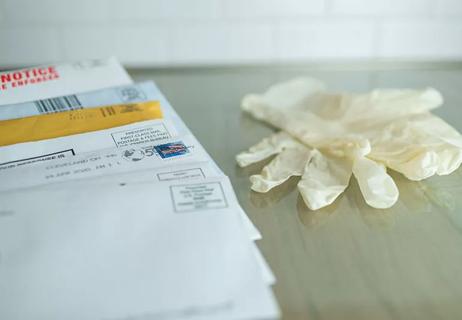
The virus lives best in humans, but it can last on hard surfaces, like doorknobs and railings

Type 2 diabetes isn’t inevitable with these dietary changes

Applying a hot or cold compress can help with pain